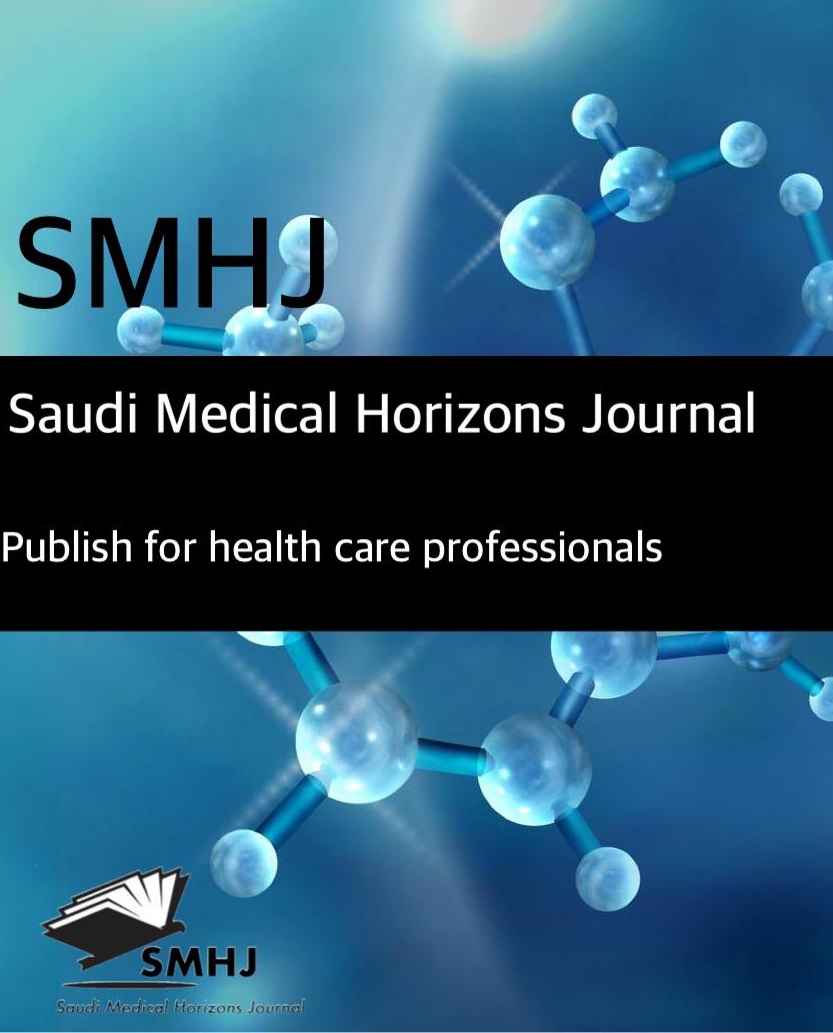Assessing the knowledge of emergency respiratory diseases among clinical year medical students in Saudi universities of Western Region
DOI:
https://doi.org/10.54293/smhj.v5i3.160Keywords:
Respiratory diseases, Emergencies, Medical students, Clinical years, Western Saudi ArabiaAbstract
Background: This study assessed the knowledge and preparedness of clinical-year medical students in the Western Region of Saudi Arabia regarding respiratory emergencies. The objective was to evaluate their understanding of critical respiratory conditions and identify gaps in education that may hinder effective patient management. By highlighting deficiencies in training, the study aimed to support the development of improved educational strategies to better equip future physicians for respiratory crises.
Methods: A cross-sectional design was used, involving fourth- to sixth-year medical students from various Saudi universities. A structured digital questionnaire evaluated their knowledge on the recognition, diagnosis, investigation, and management of respiratory emergencies, including acute exacerbations of COPD, asthma, pulmonary embolism, chest trauma, and respiratory failure. Pre-clinical students, those studying abroad, and non-medical students were excluded. Data were analyzed using descriptive and inferential statistics, with knowledge levels classified on a three-point scale.
Results: The findings revealed that while students generally recognized clinical signs and symptoms of conditions such as pulmonary embolism and acute respiratory failure, there were significant gaps in their understanding of appropriate diagnostic and initial management strategies. Certain demographic factors, including marital status, were associated with variations in knowledge levels.
Conclusion: The study highlighted a concerning lack of preparedness among clinical-year students in handling respiratory emergencies, despite a high level of theoretical awareness. These findings underline the urgent need to strengthen medical curricula with focused education and practical training on respiratory emergency management to ensure competent and effective future physicians.
Downloads
Published
How to Cite
Issue
Section
License
Copyright (c) 2025 Saudi Medical Horizons Journal

This work is licensed under a Creative Commons Attribution 4.0 International License.



